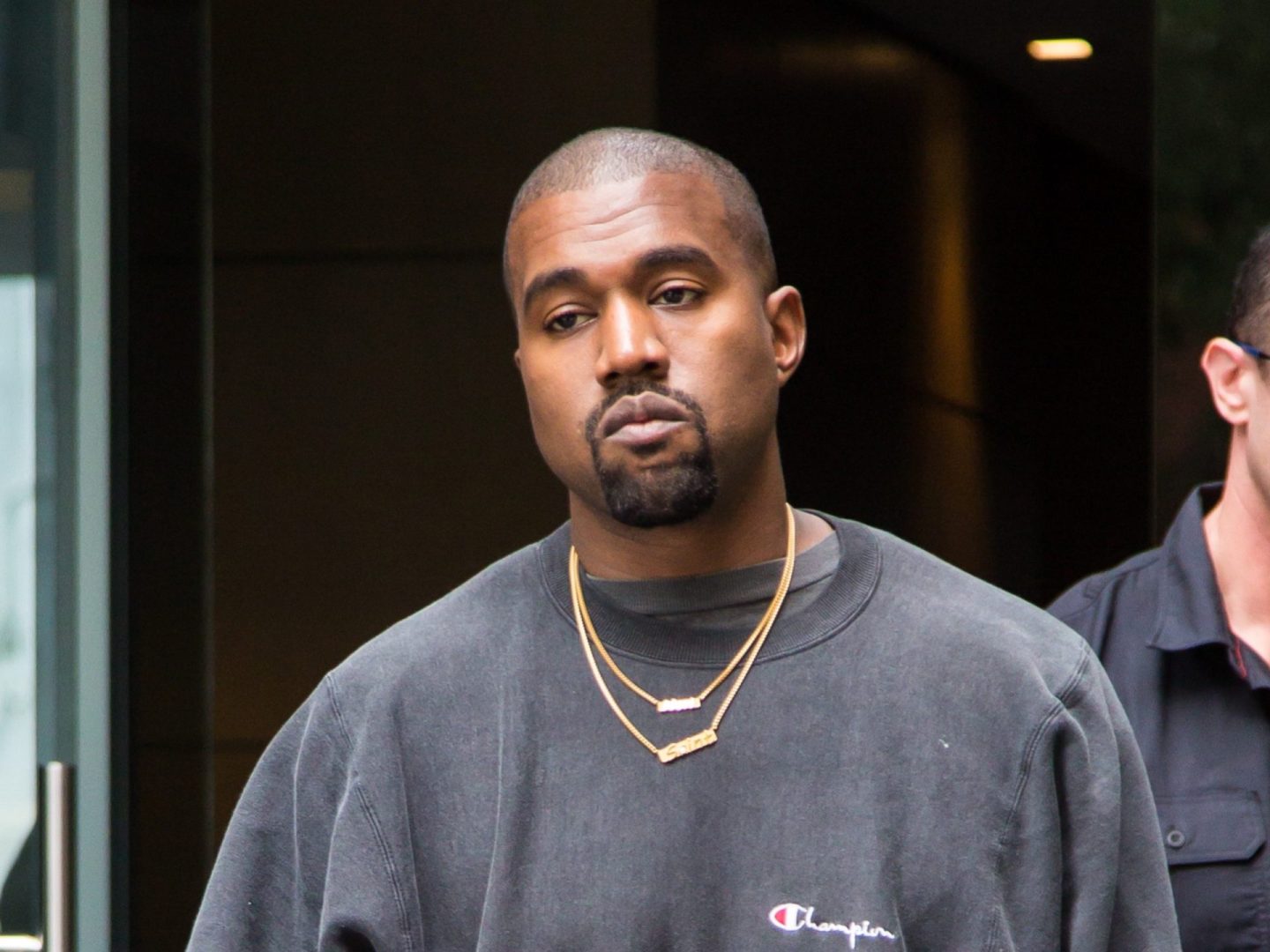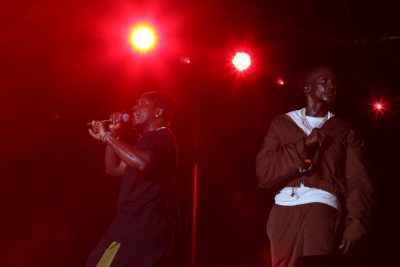A new lawsuit has emerged against hip-hop mogul Kanye West, as former America’s Next Top Model contestant Jenn An steps forward with disturbing allegations from a 2010 music video production. The lawsuit, targeting both West and Universal Music Group, centers on claims of gender-motivated violence during the filming of In For the Kill, a collaboration with La Roux. The filing marks a significant moment in the ongoing conversation about accountability in the entertainment industry, particularly regarding the treatment of models and performers in music video productions.
Behind the scenes at Chelsea Hotel
The events unfolded at New York City’s historic Chelsea Hotel, where An claims West hand-picked her from a group of models with allegedly discriminatory remarks about her ethnicity. The prestigious location, known for its rich artistic history and cultural significance, became the backdrop for what An describes as a traumatic experience. The choice of venue adds a layer of irony to the situation, as the Chelsea Hotel has long been celebrated as a sanctuary for creative expression and artistic freedom.
Escalating tensions on set
Dressed in revealing attire for the shoot, An details a series of escalating incidents that allegedly occurred under the guise of artistic expression. The lawsuit describes physical interactions that crossed professional boundaries, including allegations of non-consensual physical contact that An claims lasted over a minute. The environment on set reportedly shifted from professional to hostile, with multiple witnesses present during the alleged incidents. The lawsuit highlights the absence of proper safety protocols and oversight during the production, raising questions about industry standards and protection measures for talent.
Professional consequences
In a notable development, the footage featuring An and West never made it to the final cut of the music video. The lawsuit suggests potential involvement from industry figures in suppressing the incident, raising questions about power dynamics in entertainment. This aspect of the case points to a broader pattern of silence and suppression within the industry, where career preservation often outweighs the need for transparency and accountability. The decade-long delay in bringing these allegations to light underscores the complex barriers faced by individuals seeking to address workplace misconduct in the entertainment sector.
Industry implications
This legal challenge arrives at a crucial moment for the entertainment industry, adding to ongoing discussions about workplace safety and professional conduct. The allegations highlight persistent concerns about the treatment of models and performers, particularly in situations involving power imbalances. The case has prompted major production companies to review their on-set policies and safety measures, potentially leading to industry-wide reforms in how music videos and similar content are produced. Insurance companies and legal teams are reassessing risk management strategies for high-profile productions, while talent agencies are strengthening their advocacy for client protection during shoots.
Cultural impact and accountability
The African American community’s response to these allegations has sparked broader conversations about responsibility and reform within the music industry. These discussions emphasize the importance of creating safe working environments and establishing clear boundaries in creative spaces. The case has become a rallying point for advocacy groups focused on workplace safety in entertainment, leading to new initiatives for protecting vulnerable individuals in the industry. Social media platforms have become forums for intense debate about power dynamics in entertainment, with many industry professionals sharing their own experiences and calling for systematic change.
The lawsuit’s implications extend beyond the immediate parties involved, potentially influencing how future productions handle talent safety and professional conduct. Industry experts suggest this case could lead to standardized protocols for music video productions, including the presence of safety coordinators and clear reporting mechanisms for misconduct. The entertainment sector faces mounting pressure to address these systemic issues, with stakeholders from various segments of the industry joining the conversation about reform and accountability.
As the legal proceedings unfold, they may set important precedents for how similar cases are handled in the future. The case highlights the need for better protection of vulnerable individuals in creative spaces and could lead to significant changes in how the music industry operates. The outcome of this lawsuit could influence industry standards for years to come, potentially reshaping the landscape of music video production and talent protection.















